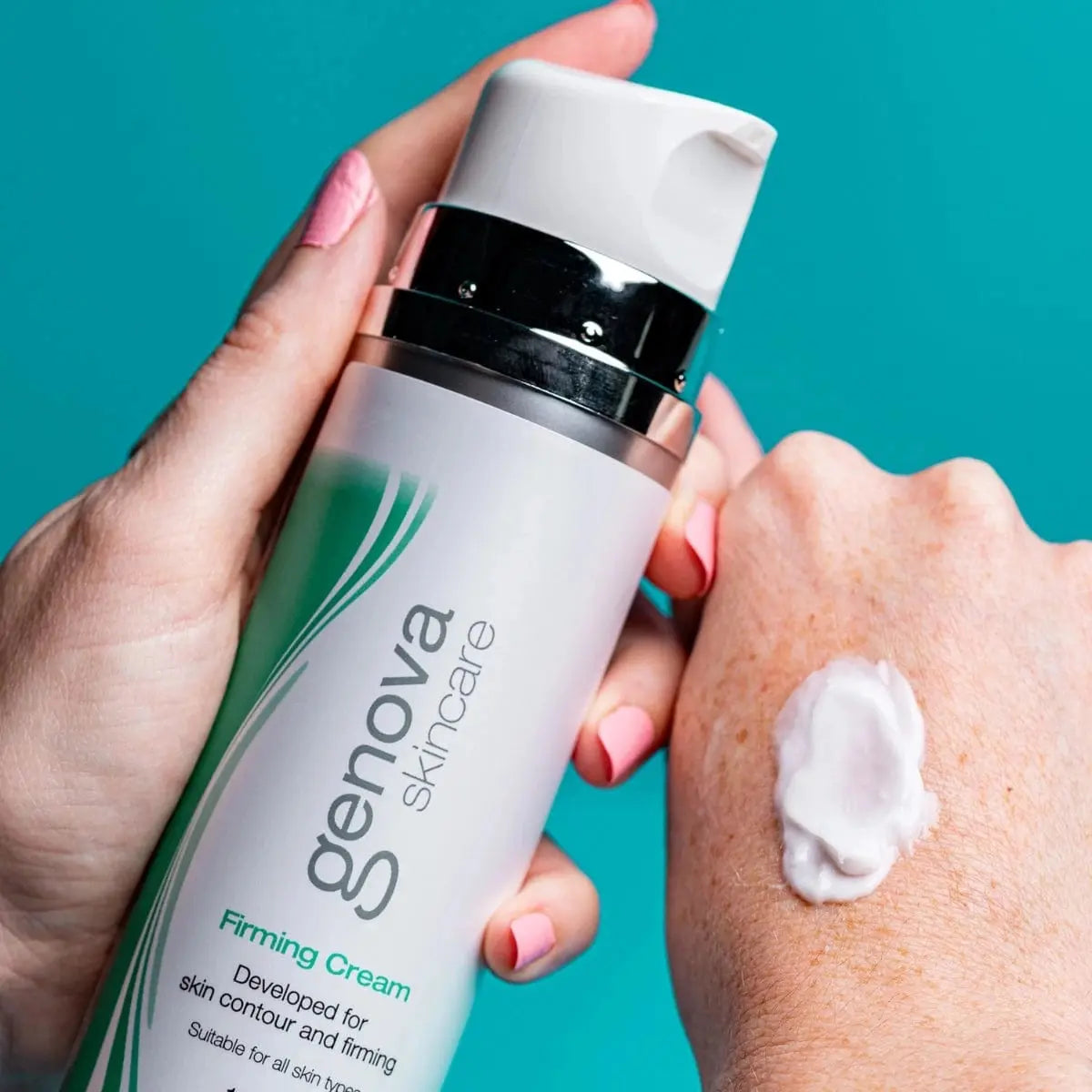Menopausal Skin Guide: How to Manage Changes and Boost Glow
Menopausal skin undergoes significant changes that can leave many women feeling frustrated or unsure about how to maintain their natural glow. From increased dryness to collagen loss, the skin’s texture and appearance often shift during and after menopause, requiring special attention. Understanding menopausal skin and its symptoms, such as dryness and common menopause skin issues, empowers women to adopt targeted menopause skin care routines that promote hydration, firmness, and radiance. In this guide, we explore key menopausal skin changes, explain their causes, and offer practical advice for managing these changes gracefully.
Understanding Menopausal Skin: Key Changes and Symptoms
What Happens to Skin During Menopause?
Menopausal skin is characterised by a decline in estrogen, a hormone vital for maintaining skin hydration, elasticity, and collagen production. As estrogen levels drop during menopause, you may notice increased dryness, fine lines, and sagging, which can make the skin appear dull and less resilient. These skin changes during menopause are natural but can be distressing without proper care.
Common Menopause Skin Symptoms
- Menopause skin dryness leading to flakiness and rough texture
- Loss of collagen causes reduced firmness and fine wrinkles
- Increased sensitivity and irritation
- Visible skin issues such as acne flare-ups or redness
- Thinning skin resulting in easier bruising and slower healing

Collagen Loss and Its Impact on Menopausal Skin
How Collagen Declines During Menopause
Collagen is a key structural protein that gives skin its strength and elasticity. During menopause, collagen production decreases by as much as 30% in the first five years and continues to decline gradually thereafter. This reduction leads to skin that is less plump and more prone to wrinkles and sagging. Alongside collagen loss, the skin’s ability to retain moisture diminishes, amplifying menopause skin dryness.
Effects of Collagen Loss on Appearance
Post menopausal skin changes manifest as loss of skin firmness, deeper wrinkles, and visible laxity around the jawline and neck. Reduced collagen also causes the epidermis to thin, making the skin more fragile and prone to bruising.
Managing Menopause Skin Dryness
Why Menopause and Skin Dryness Are Linked
Estrogen helps stimulate the production of natural oils and ceramides, which trap moisture in the skin. When estrogen drops, the skin’s lipid layer weakens, leading to increased evaporation and dryness. This connection between menopause and skin dryness means many women experience tight, itchy, or flaky skin.

Practical Strategies to Combat Dryness
- Use gentle, hydrating cleansers that do not strip natural oils
- Apply rich moisturisers containing hyaluronic acid, glycerin, and ceramides to boost skin barrier function
- Avoid long, hot showers, which can exacerbate dryness
- Incorporate facial oils or occlusive creams at night to seal in moisture
- Humidify your home environment, especially in dry climates or during winter
Skin Care for Menopausal Women: Building a Targeted Routine
Core Components of Menopause Skin Care
A menopause skin care routine should address hydration, collagen support, and protection. Prioritise products with ingredients like retinoids and peptides to stimulate collagen, antioxidants such as vitamin C to protect against damage, and hydrating agents like hyaluronic acid to relieve dryness.
Daily Practices That Make a Difference
- Consistent sunscreen use every day to protect sensitive menopausal skin from UV damage
- Regular gentle exfoliation to remove dead skin cells and brighten complexion, avoiding harsh scrubs
- Incorporating serums with peptides to soothe skin and improve barrier health
- Night creams focused on repairing and regenerating skin during sleep.p

Addressing Common Menopause Skin Issues
Hormonal Acne and Breakouts
Some women may experience adult acne flare-ups during menopause due to hormonal imbalances that can increase sebum production. Using non-comedogenic cleansers and salicylic acid spot treatments can help manage these breakouts without worsening dryness.
Facial Hair and Pigmentation Changes
Menopause skin changes can also include unwanted facial hair growth and pigmentation shifts, such as age spots or melasma. Options such as laser hair removal and professional skin treatments may be recommended for these concerns, along with topical brightening agents for pigmentation.
Supporting Menopausal Skin Health Beyond Topical Care
Lifestyle Factors That Influence Menopausal Skin
Nutrition, hydration, stress management, and sleep all significantly impact skin health during menopause. Consuming antioxidant-rich foods, drinking adequate water, maintaining physical activity, and managing stress can support skin’s natural resilience alongside menopause skin care products.
Medical and Therapeutic Options
In some cases, menopausal hormone therapy (MHT) may be explored to improve skin hydration and elasticity by restoring estrogen levels. Consult a healthcare professional to discuss whether hormone therapy or other treatments like collagen supplements or professional dermatological procedures are suitable.
Menopausal skin undergoes many profound changes that can affect appearance and comfort, including dryness, collagen loss, and various skin issues. Understanding these changes and adopting consistent menopause skin care routines tailored to hydration, protection, and collagen support can help restore the skin’s glow and resilience. Along with lifestyle choices and, where appropriate, professional guidance, managing menopausal skin effectively is within reach. Explore targeted products and consult with skincare experts to develop a personalised plan that nourishes and boosts your skin at every step of the menopausal journey.












